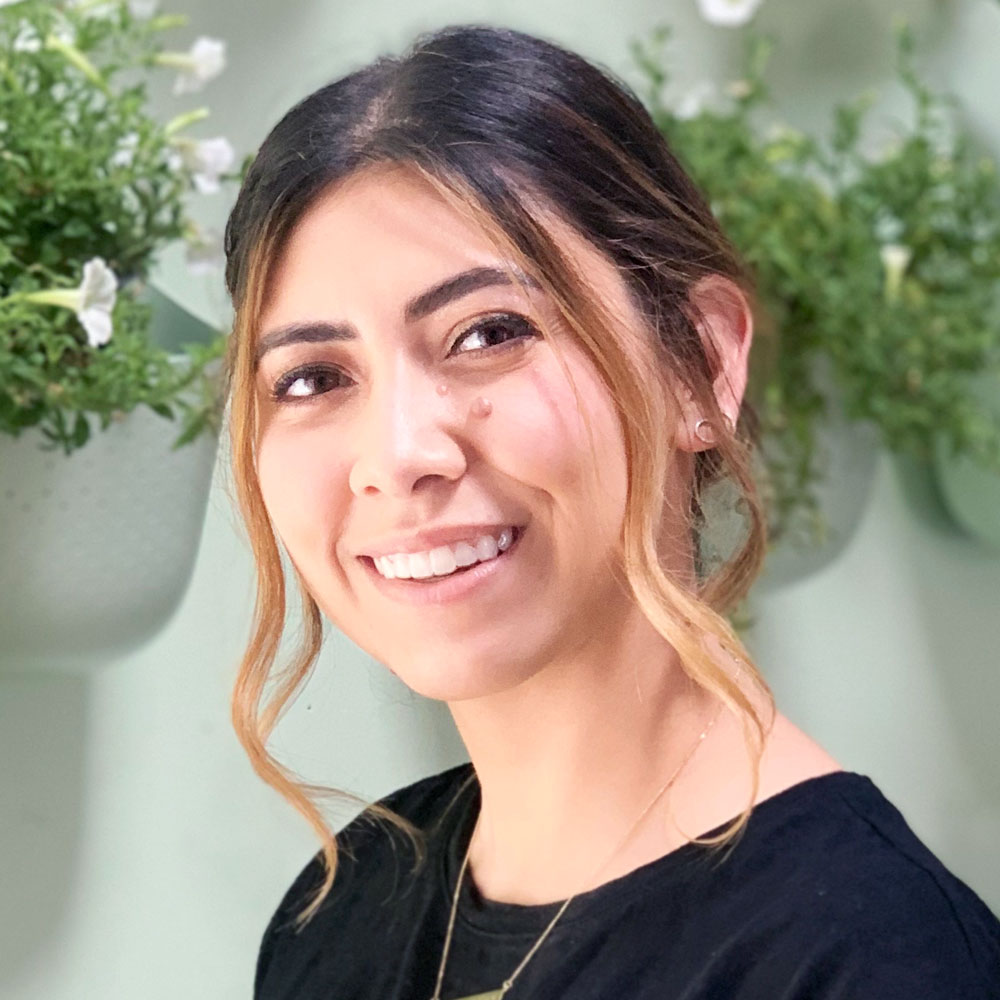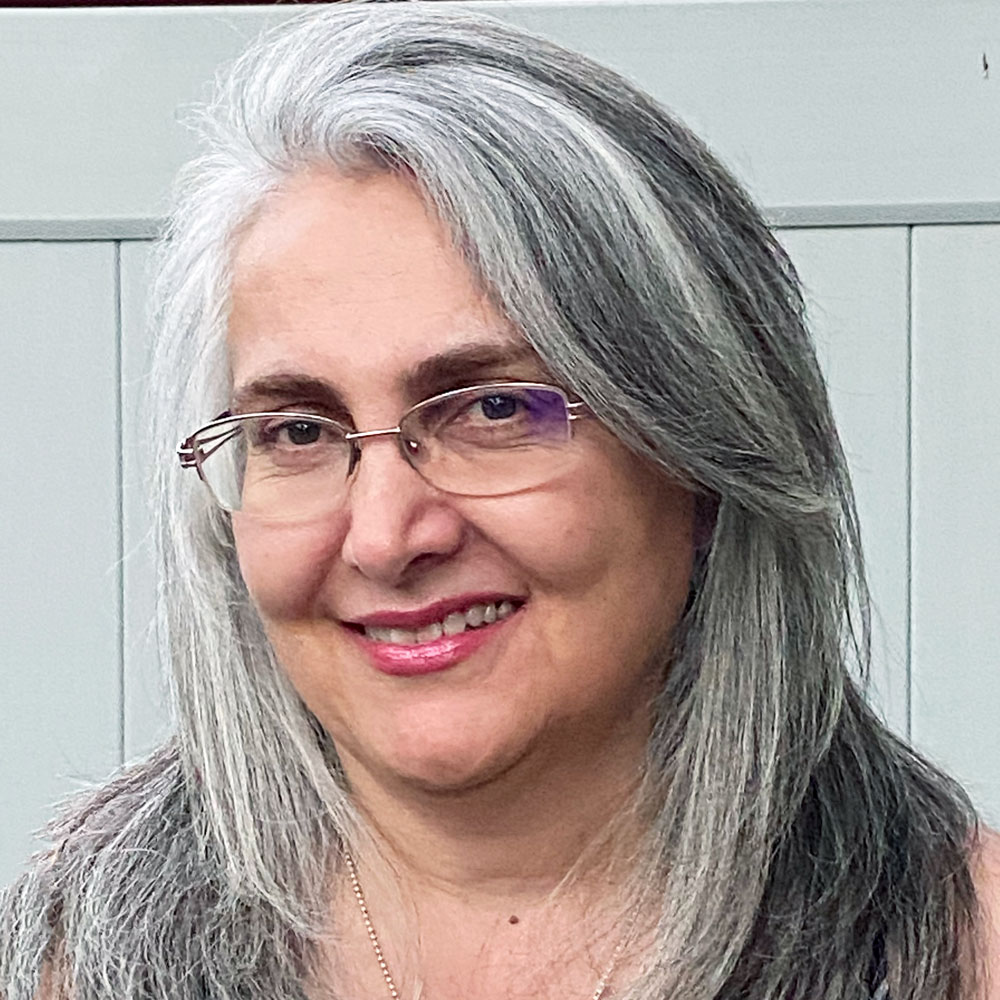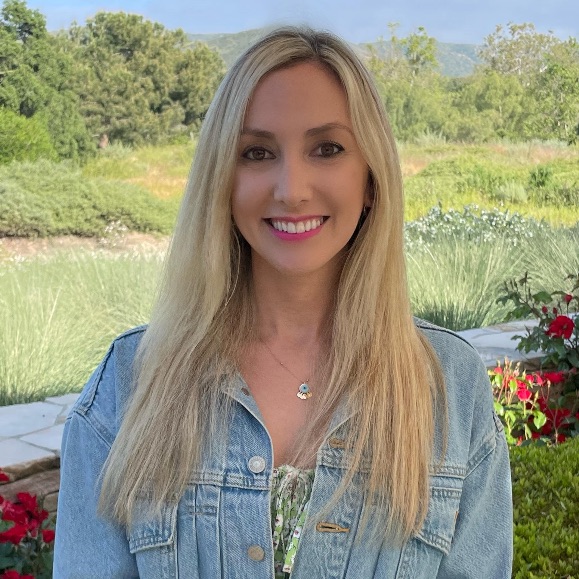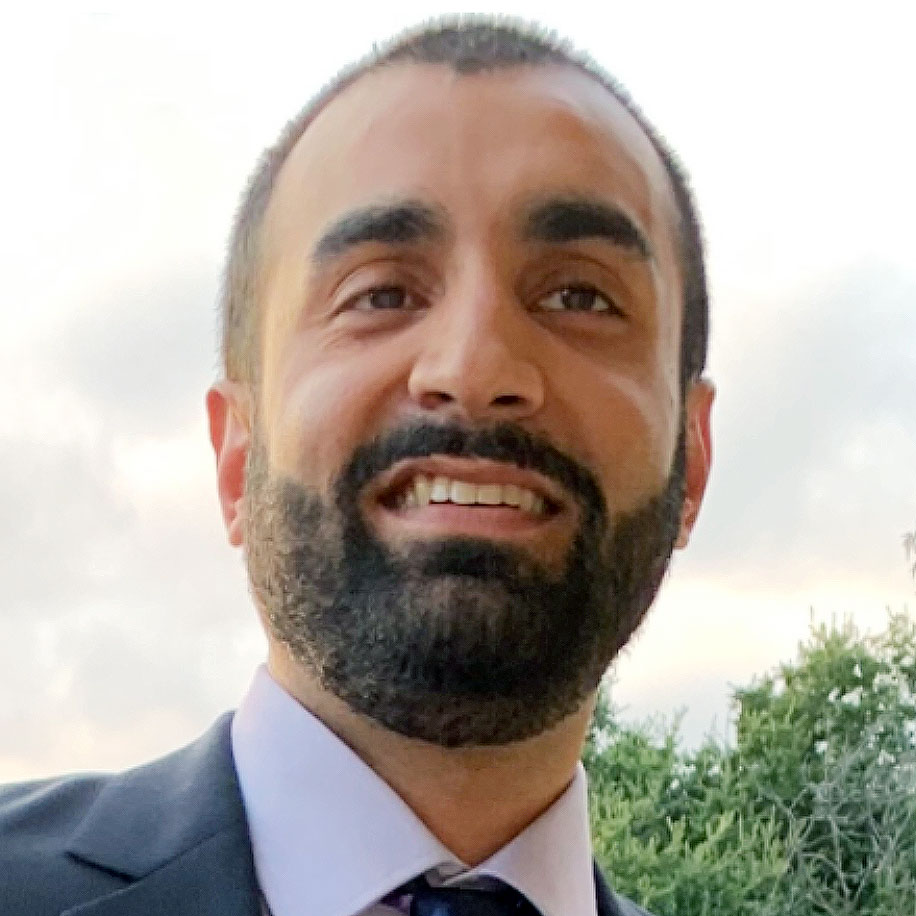Exploring Treatment Choices for Depression in San Diego
Exploring treatment choices for depression in San Diego can include in-person sessions in neighborhoods like Hillcrest, North Park, La Jolla, and Chula Vista, as well as teletherapy that fits around busy schedules or long commutes. Individual therapy offers one‑on‑one support, while group therapy provides connection and shared coping strategies, often hosted at community clinics and wellness centers across the city. Local logistics matter: traffic on I‑5, I‑8, and SR‑163 and limited parking in dense areas can make teletherapy or providers near trolley lines (Blue, Green, Orange) or the COASTER more convenient. Many residents also look for bilingual options given the region’s diversity, including Spanish-speaking therapists in South Bay and East County.
MiResource helps you compare options quickly by filtering providers by therapy approach (
CBT
,
DBT
, psychodynamic, and more), insurance accepted, language, and real-time availability. You can narrow to in-person care near your neighborhood or along your transit route, or choose teletherapy for flexible scheduling. It’s easy to find individual therapists for personalized care or group offerings that fit your goals and budget. With clear filters and scheduling details, MiResource makes it simpler to access timely, appropriate depression care across San Diego.
Local Programs and Community Partners
San Diego offers a strong network of community supports for depression, from peer-led groups to county-backed programs.
NAMI San Diego & Imperial Counties
hosts education and peer support circles across neighborhoods like Hillcrest, North Park, and Chula Vista, while the
Depression and Bipolar Disorder Support Alliance (DBSA) San Diego
provides regular peer meetings, including options convenient to La Jolla and Mission Valley. The County’s
Behavioral Health Services
connects residents to Wellness Centers and the 24/7 Access & Crisis Line, helping people find low- or no-cost support near Balboa Park or closer to the South Bay.
Mental Health America of San Diego County
and
Jewish Family Service of San Diego
add advocacy, workshops, and supportive services that reduce isolation and barriers to care.
Peer-centered spaces such as
The Meeting Place Clubhouse
near Balboa Park foster community, daily structure, and hope for those managing depression, and local
AFSP San Diego
events at Mission Bay build connection and awareness. For bilingual and multicultural supports, programs in City Heights and South Bay frequently offer services in Spanish and other languages. These nonprofits and public programs pair well with MiResource’s therapist directory, helping you combine community connection with tailored depression therapy in the neighborhoods you know. Together, they make it easier to find ongoing care, practical resources, and a sense of belonging across San Diego.
Urgent Help for Depression in San Diego
If you’re in immediate danger or feel unable to stay safe, call 911 or go to the nearest emergency room, such as UC San Diego Health – Hillcrest Medical Center, Scripps Mercy Hospital (San Diego), or Sharp Memorial Hospital. For 24/7 crisis support, call or text the 988 Suicide & Crisis Lifeline, or contact the San Diego Access & Crisis Line at 888-724-7240 for immediate counseling and referrals. You can also text HOME to 741741 to reach the Crisis Text Line. In San Diego, Mobile Crisis Response Teams (MCRT) and Psychiatric Emergency Response Teams (PERT) can be dispatched through the Access & Crisis Line (888-724-7240) or 911 for on‑scene mental health support. If you need same‑day, non‑ER care, consider nearby urgent care options like UC San Diego Health Urgent Care or Scripps HealthExpress Urgent Care; call ahead to confirm behavioral health capabilities.
Key Insights Into Depression
Depression
is a common mental health condition that affects how you feel, think, and handle daily activities. It can show up as ongoing sadness, loss of interest, low energy, sleep or appetite changes, trouble concentrating, or feelings of hopelessness. Understanding depression matters because it’s real, treatable, and not a personal failure. If you’re in San Diego, recognizing the signs is a first step toward finding the right support and care nearby.
Spotting Potential Warning Signs
Feeling down can be confusing and isolating, but you’re not alone—many people in San Diego experience depression, and help is available. Noticing early signs can be a first step toward feeling better, and support is here when you’re ready.
- Persistent sadness or emptiness that lasts most days for at least two weeks
- Losing interest or pleasure in activities you used to enjoy, including hobbies or time with friends
- Changes in sleep, such as trouble falling or staying asleep, or sleeping much more than usual
- Changes in appetite or weight, eating much less or much more than you typically do
- Low energy or feeling tired almost all the time, even after rest
- Trouble concentrating, making decisions, or remembering things
- Feeling worthless, hopeless, or stuck; sometimes having thoughts about death or
self-harm
(if this happens, reach out for immediate help)
What Contributes to Depression
Depression is common in San Diego and everywhere, and it can affect anyone. It arises from a mix of factors—you didn’t cause it, and it’s not a personal weakness. Understanding the different contributors can help you find the support that fits you. You deserve care and relief.
- Biological: family history of depression; changes in brain chemistry or hormones; chronic illness, pain, or medication side effects
- Psychological: past trauma or grief; persistent self-criticism or perfectionism; overwhelming stress that feels hard to cope with
- Environmental: financial or housing pressures; work or school stress and burnout; loneliness, conflict, or lack of social support
How Depression Shapes Daily Life
Depression can make everyday life in San Diego feel heavy, even when the sun is out and plans are on your calendar. Tasks like getting to work, catching a class, or meeting friends can feel overwhelming, and the things you used to enjoy may not bring the same spark. You’re not alone—many people here feel this way, and support can help you rebuild routines, reconnect with others, and feel more like yourself. Reaching out for care is a strong first step toward steady relief.
- Work and productivity
- School and academics
- Family responsibilities and parenting
- Relationships and social life
- Physical health, energy, sleep, and appetite
- Mood, motivation, and interest in activities
Effective Treatments for Depression
Depression is treatable, and people in San Diego have access to proven options that can help you feel better and regain momentum. Evidence-based therapies and medications can reduce symptoms, prevent relapse, and support long-term recovery. You don’t have to do this alone—effective care is available, and taking the first step can make a real difference.
- Cognitive Behavioral Therapy (CBT): A structured therapy that helps you identify and change unhelpful thought patterns and behaviors, reducing symptoms and relapse risk.
- Interpersonal Therapy (IPT): Focuses on improving relationships and life transitions to relieve depressive symptoms and strengthen support systems.
- Behavioral Activation: Increases engagement in meaningful, rewarding activities to boost mood and motivation through small, achievable steps.
- Antidepressant Medications (SSRIs/SNRIs): FDA-approved medicines that balance brain chemicals; often effective alone or combined with therapy.
- Repetitive Transcranial Magnetic Stimulation (rTMS): A noninvasive brain-stimulation treatment for depression that hasn’t improved with medications.
- Electroconvulsive Therapy (ECT): A highly effective, carefully monitored option for severe or treatment-resistant depression, often delivering rapid relief.
Quick Answers for Depression Therapy in San Diego
1. Can Depression happen to anyone?
Yes—depression can affect people of any age, gender, culture, or background, including here in San Diego, and it isn’t a personal failing. While anyone can experience it, factors like genetics, chronic stress,
trauma
, medical conditions, and
substance use
can increase risk. If you’re struggling, you’re not alone, and help is available.
2. Is Depression just stress or something more serious?
Everyday stress comes and goes, but Depression is a medical condition that lasts most days for two weeks or more and impacts
sleep
, appetite, energy, motivation, and interest in things you used to enjoy. If you’re feeling persistently sad or numb, struggling to function at work or school, or having hopeless thoughts, it may be more than temporary stress. Licensed therapists in San Diego can assess what you’re experiencing and create a plan that fits your needs. Help works—therapy, lifestyle supports, and sometimes medication are effective and available locally.
3. What are some misconceptions about Depression?
A common myth is that depression is just feeling sad and you should be able to “snap out of it,” but depression is a medical condition that affects thoughts, energy, and sleep, and it needs care like any other health issue. Another misconception is that if your life looks “good,” you can’t be depressed; in San Diego, as anywhere, people of all ages and backgrounds can experience depression regardless of circumstances. Many also worry treatment means being on medication forever or that it will change your personality—there are effective options like therapy, lifestyle supports, and short-term or carefully managed medications that help you feel more like yourself. Reaching out for help is a sign of strength, not weakness.
4. Can Depression improve without treatment?
Depression symptoms can sometimes lessen on their own, but this is unpredictable and recovery often isn’t complete. In San Diego, getting professional support—therapy, medication, or both—greatly improves outcomes, reduces the risk of relapse, and helps you build lasting coping skills. Reaching out for help is a strong step toward steady, sustained relief.
5. How do I talk about my Depression with family or friends?
Start by sharing only what feels safe and specific: “I’m getting help for depression,” and let them know how they can show up—“I’d appreciate support by checking in on Sundays or taking a walk with me.” Set boundaries if needed: “Right now I’m not looking for advice; listening helps.” If they want to learn more, offer a brief resource like a NIMH depression overview or local options such as NAMI San Diego support groups or MiResource listings in San Diego. You’re not alone—many people here face this too, and you get to decide the pace and depth of each conversation.
6. Who is qualified to diagnose Depression in San Diego?
In San Diego, depression can be diagnosed by psychiatrists and other physicians (including primary care doctors), licensed psychologists, psychiatric/mental health nurse practitioners, physician assistants, and licensed therapists such as LCSWs, LMFTs, and LPCCs. MiResource only lists qualified, licensed providers in San Diego who are vetted to deliver accurate diagnoses and safe, effective treatment.
7. What usually happens in a first therapy session for Depression?
In your first depression therapy session in San Diego, you’ll start with simple introductions and a brief overview of how sessions work. Your therapist will invite you to share a bit about your personal history, current symptoms, and what brought you in now, at a pace that feels comfortable. Together, you’ll discuss your main concerns and what you hope will feel different in your day-to-day life. By the end, you’ll collaborate on initial goals and a plan for next steps, so you leave knowing what to expect moving forward.













